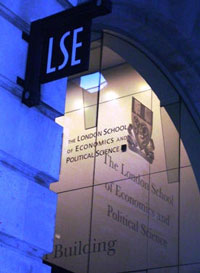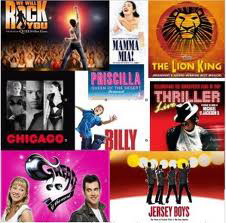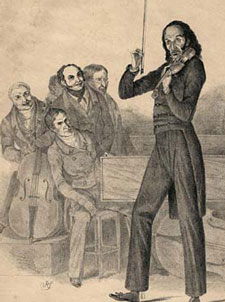Why Music is Important: The Economic Answer
The London School of Economics is no slouch when it comes to understanding the real world in all its fiscal glory (or calamity).

Several of its researchers have been working with three of the top music schools in London–the Royal Academy, the Royal College, and the Guildhall in producing an economic impact report on the three schools, their work, influence, and general financial contribution. It makes good reading and provides a forceful argument for current and future government investment in the three schools (now at £12.6 million or $19.1 million).
So, what are the study’s conclusions? Aside from the societal value of the arts as food for the soul, the LSE has found that the graduates of the three schools are providing a major return on investment through their work in television, recording studios, the major West End musicals, as well as the major orchestras and opera houses.

Added together, all this activity comes to £700 million or $1.06 billion of value added in 2010 alone. And that does not include other major benefits to the wider community through musicians teaching, composing and arranging.
The costs to government of advanced musical training at these three conservatoires should be seen as a modest investment that helps generate very large benefits for the London and UK economies. The conservatoires are a key factor in the development and sustainability of London’s preeminence as a world music centre. The presence of three independent, medium-sized world-class institutions provides the city with the benefits of ‘agglomeration’ – the geographical concentration and strength-in-depth that fuels and sustains the city’s music industry and its impact on the other creative arts and cultural industries generally. Broader still, the creative industries continue to act as engines of economic growth and innovation. Despite the recession, the UK has the largest and fastest growing creative industry sector in the EU -estimated to generate some £25 billion in 2010.–The Impact of Three London Conservatoires on the UK and London Economies
The study also hints at a 21st century redefinition of the role of trained musician. It introduces the term “portfolio career,” which suggests that the static characterization of a musician–only classical, only jazz, only one instrument–is morphing into something much more exciting and flexible and relevant: musicians with many skills, who can excite and transform with astonishing performances, while at the same time developing multi-faceted careers as musical entrepreneurs. I think this is brilliant. It’s reinventing the model of all those historic musical entrepreneurs such as Mozart, Beethoven, Paganini, Liszt, and, more recently, Stravinsky and Bernstein and establishing a paradigm for the future. Music will be the stronger for it.

So I encourage all those politicians in David Cameron’s government to take this one seriously. The economics of music make a potent case.


No comments yet.
Add your comment